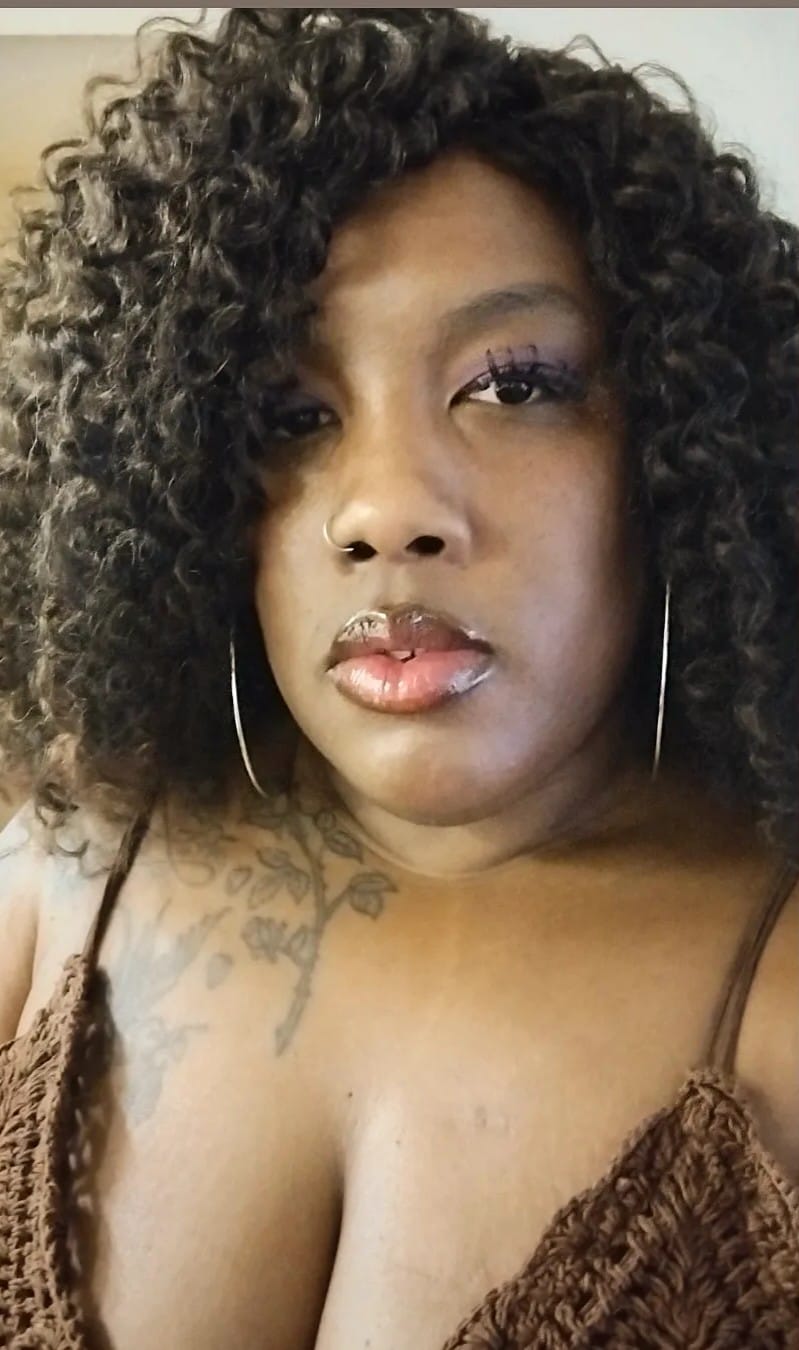Book Review: Passing by Nella Larson
- Chanel Hardy

- Oct 2, 2021
- 3 min read

Rating: 5/5
I thought Passing would be a case study on privilege, a story about old friends reconnecting in the midst of racism in 1920's America, with some subtle queer overtones. But in reality, it's really a story of jealousy. A story about a paranoid, judgmental woman who's mad about her funky husband. LOL Still, it's a 5-star read. So let's get into it!
We have Irene, a light-skinned Black woman who runs into Clare, a biracial girl she grew up with who is passing for white and is now married to a wealthy racist. To Irene's surprise, Clare longs to be part of her estranged Black community again. Irene is hesitant to befriend Clare, which brings me to the hypocrisy of Irene's character. Irene is married to a Black man, living her life as a Black woman who only passes under circumstances. Meaning while in white spaces, if mistaken for white, she doesn't correct anyone and goes with the flow for her own personal benefit. It almost seems as if she despises Clare for her choice to go through life as a white woman, while at the same time not acknowledging her own privilege in passing when she feels like it's convenient. There is a scene where Clare, Irene, and another childhood friend Gertrude are hanging out and we get to see passing from 3 unique angles. Unlike, Clare, Gertrude's white husband, and family know she's Black but doesn't care. While Clare's husband is completely oblivious. Irene seems to hold resentment for them both, which comes of as jealousy as she deals with trouble in her own marriage. Both Gertrude and Irene judge Clare for dealing with a racist spouse, claiming that passing comes with some sacrifices that aren't worth making.
“It’s funny about ‘passing.’ We disapprove of it and at the same time condone it. It excites our contempt and yet we rather admire it. We shy away from it with an odd kind of revulsion, but we protect it.”
This book also touches on the fetishization of Black people, in a scene where Irene is asked her opinion on a man's attractiveness at a party.
"How about you, Irene? Do you think he’s—er—ravishingly beautiful?”
“I do not! And I don’t think the others do either. Not honestly, I mean. I think that what they feel is—well, a kind of emotional excitement. You know, the sort of thing you feel in the presence of something strange, and even, perhaps, a bit repugnant to you; something so different that it’s really at the opposite end of the pole from all your accustomed notions of beauty.”
Her statement reflects how Clare's obsession with being with Black folks again feels less like wanting to connect with her own kind, and more like a child fascinated with zoo animals. Which is exactly how we are still treated today. Not as a people, but as a thing to be gawked and poked at.
The ending of this book leaves some things up to the reader's imagination. Which is why I'm really looking forward to the movie. I'm hoping those questions are answered since we'll be seeing the events play out instead of reading them. I highly recommend this book. And it's a short read, under 200 pages which is my personal fav. Since this book is in the public domain now, there are many editions to choose from with different covers.
You can get the book here, or at your local library! The audiobook is also available on Scrib'd. Also check out the movie, coming to Netflix on October 27th.


.png)



Comments